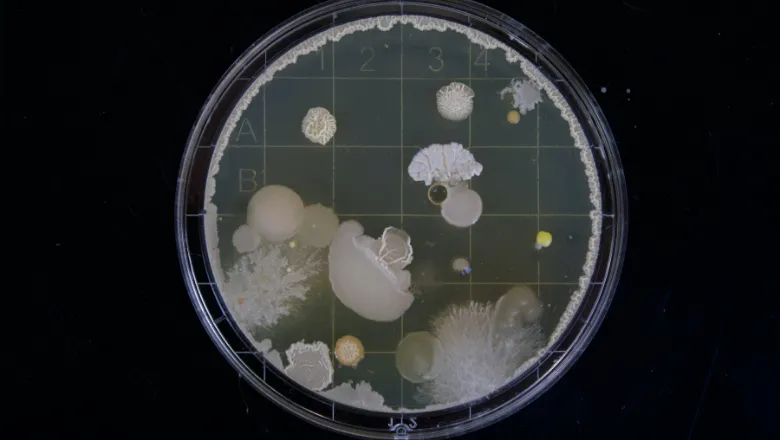“We know from previous research that acetate produced by gut bacteria is linked to lower risk of conditions such as heart disease. Our research now shows that this might be because acetate could reduce belly fat levels.”
First author and PhD student Ana Nogal from the School of Life Course Sciences
21 July 2021
Could your gut bacteria help you lose belly fat?
A key molecule produced by gut bacteria is linked to less belly fat, according to research from Twins UK.

The team from King's found that gut bacteria play an important role in determining the levels of the molecule acetate in the blood, in the largest study to date of its kind.
Belly fat – also known as visceral fat – puts individuals at greater risk of conditions such as heart disease and type 2 diabetes. The findings open the door to targeted treatments in the future to reduce belly fat via changes in gut bacteria.
The team analysed the associations between blood acetate levels, gut bacteria communities and visceral fat in 948 TwinsUK members. Twins who had more diverse gut bacteria had greater levels of acetate and lower levels of visceral fat.
The researchers also identified two specific groups of bacteria that had the largest positive and negative effect on acetate levels.
As this study only looked at women, further research is needed to understand if gut bacteria and acetate have the same effect on belly fat in men.
“Thank you very much to our TwinsUK members for donating blood and stool samples and having DEXA scans during your clinic visits. Your contributions over the years have enabled us to learn so much about the microbiome and how it impacts health.”
Senior author Dr Cristina Menni from the School of Life Course Sciences
